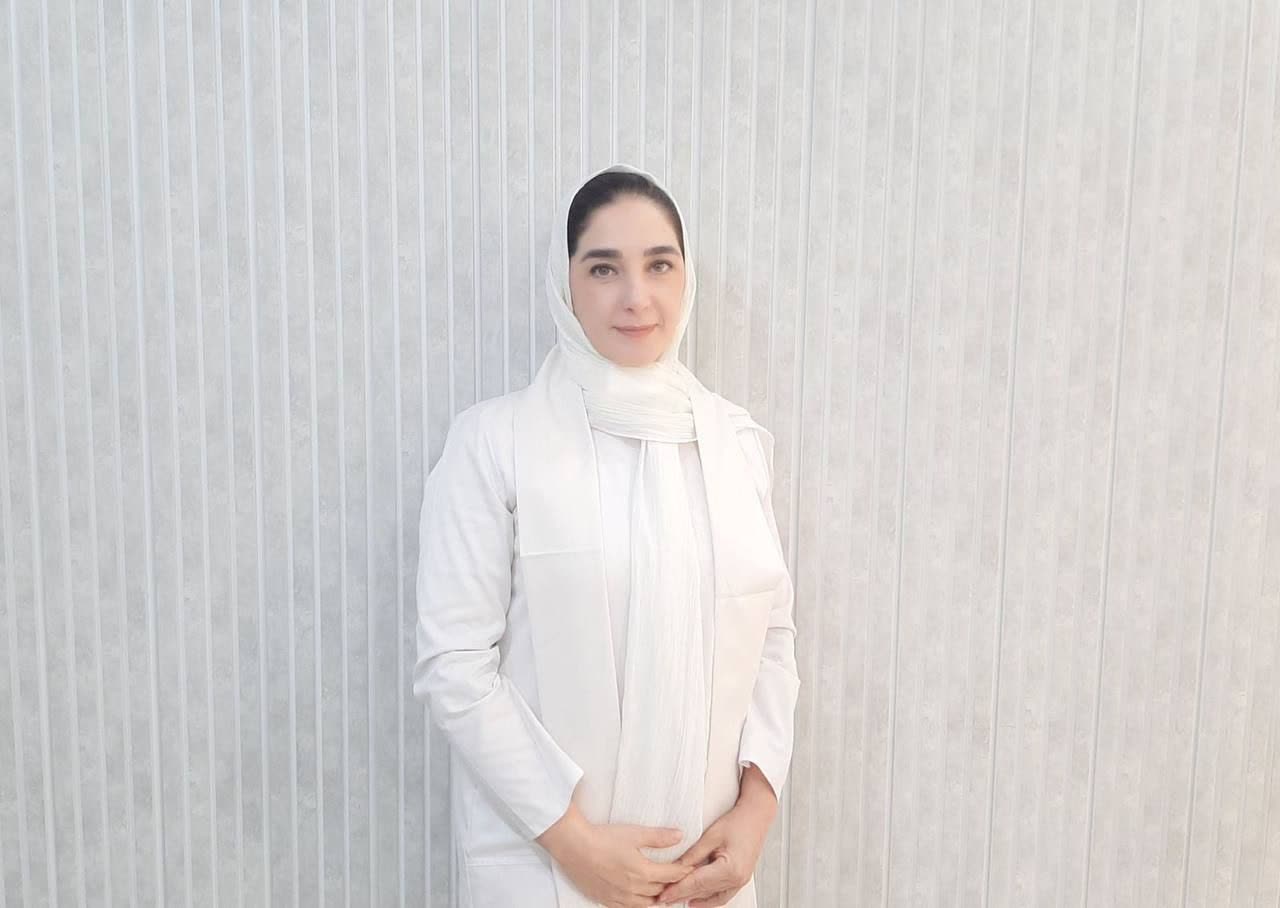The Summary of the “11th Letter” CD
The 8th session of 59th round of Congress 60's workshops was held by Mr. Dezhakam as the guardian of ceremony and traveler Rozita as the secretary on Aban, 8, 1403 (October, 29, 2024) at 8 a.m.
Hello friends I am Hussein, a traveler.
Today’s subject is the continuation of the letter to the editor [a series of letters written to Editor-in-Chief, by Mr. Hossein Dezhakam discussing the main global problems of why addiction has not been cured in the world]. The letter was about the eighth principle which is called “saturation”, saturation is very important in different aspects of our life: including physical and spiritual relationships, and love and affection.
The summary of “Letter to Editor” and the 8th principle:
Sure! Here’s a more natural and polished version of your text:
If we add sugar to a glass of water, it will dissolve until we reach a point where no more sugar can be disolved. Similarly, if we continue pouring water into a completely full glass, it will overflow. These points are known as saturation points.
Understanding saturation points is crucial in medicine. Every drug has a saturation point, and exceeding it can have significant effects. This concept is especially important in drug consumption and must be carefully considered in addiction treatment.
Here's a more natural and polished version of your text:
"Saturation refers to the state of being completely full or reaching maximum capacity. We represent this concept with a triangle, where the base symbolizes 'saturation.' One side represents the stage just before saturation, while the other signifies the stage just after it.
By analyzing our actions, we can determine which stage we are in. This evaluation is essential for preventing problems and ensuring balance."
Our saturation point can be adjusted using the DST method and the Ninth Valley. This means that the effect of OT varies among individuals, and the saturation point is flexible, allowing for gradual changes during treatment. Saturation also plays a role in eating—satiety is a saturation point that can shift over time, contributing to obesity. Therefore, it is wise to stop eating before feeling completely full.
Similarly, there is a saturation point in sleep; most people require about 7–8 hours of rest per day. The concept also applies to love, the amount of love given according to a person must be proportional to that person’s capacity, and even for being strict, there is a saturation point [as excessive discipline can be counterproductive]. In essence, our virtues and vices—anti-values— are closely tied to our saturation points.
The next stage beyond saturation is known as “overdose.” Since the saturation point is adaptable, changes must be introduced gradually. For instance, if someone is dying of thirst in the desert, giving them too much water at once could be harmful. Similarly, deaths caused by drug use often result from sudden changes in the saturation point in drug consumption, leading to overdose.
Despite advances in science, there is little knowledge about addiction. Methadone, often flavored with vanilla, is used to encourage drug abusers to consume it. The lethal dose for a non-user is approximately 1–1.5 grams of opium or 30–40 milligrams of methadone. This suggests that addicted individuals who consume more than these amounts are already at their saturation point. Exceeding this threshold in medication not only fails to provide therapeutic benefits but also causes further harm.
Thus, the key takeaway from the eighth principle of saturation is that it applies not only to physical and medicinal aspects but also to all dimensions of our spiritual life. Even in attending Congress60 or exercising, we must remain mindful of saturation points and strive for balance between family life and participation in Congress 60.
https://congress60.org/News/372960/%D8%AE%D9%84%D8%A7%D8%B5%D9%87-%D8%B3%DB%8C%E2%80%8C%D8%AF%DB%8C-%D9%86%D8%A7%D9%85%D9%87-11
Written by traveler Mohammad Hossein
Translated by companion Banafshe
